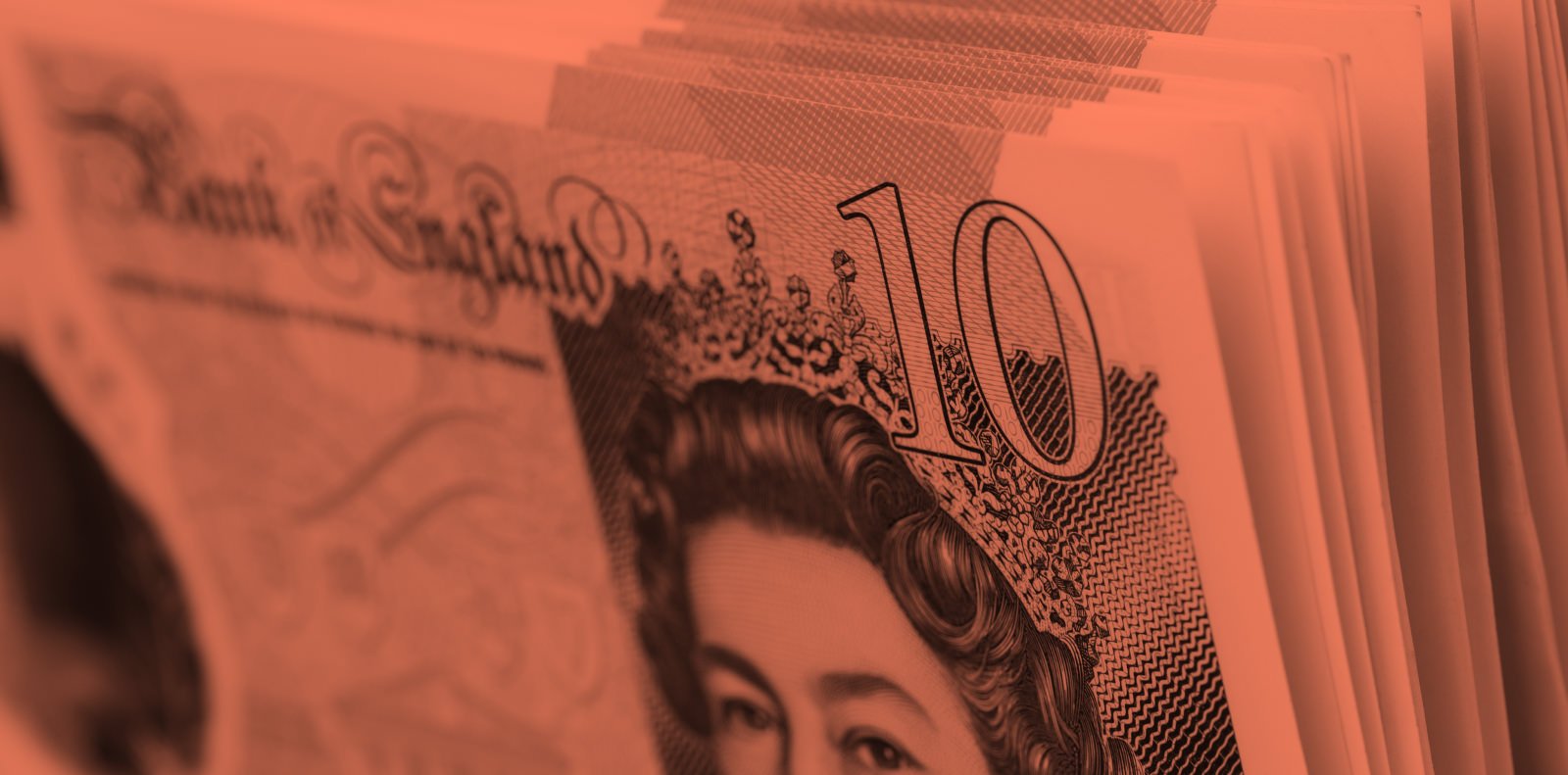Save money*
Save money*
Save money*
Save money*
Kick start your savings and curb your expensive habits with a ‘no spend challenge’
If you’ve started taking your finances a little more seriously, you’ve probably seen plenty of people doing a variation of the ‘no spend challenge’ on your TikTok or Instagram. These challenges can be a great way to build up your saving pots – whether you’re planning for an emergency fund, a big purchase or simply for the future.
However, ‘no spend challenges’ aren’t just a great way to boost your savings. They can also help break impulsive and mindless spending habits. Impulsive spending is the tendency to buy something in the heat of the moment, driven by emotion or a sudden desire. It’s the “I have to have this now” feeling, like picking up some new clothes or a gadget you didn’t plan for. On the other hand, mindless spending relates to spending without really thinking or noticing, like buying your daily takeaway coffee or picking up snacks every time you go shopping.
Most of us are prone to these sorts of habits – especially in a world where we’re constantly online comparing ourselves to others and being influenced by the best advertising campaigns in the modern world!
If your spending is feeling a little out of control and you’d like to build up a cash cushion, then a ‘no spend challenge’ might be a good idea for you.
You can also check out our free budget tracker download to get started with a budgeting habit too.
Firstly, you need to decide how long you’re going to commit to the challenge. If you’re just starting out on your saving journey, it might be a good idea to start with 1 or 2 days per week to give it a try and gradually increase over time. If you’re a seasoned saver, you might want to try a full week, month, or even a year!
On your ‘no spend’ days, you can’t buy anything. Ideally, you should pre-plan food shopping and other essentials like petrol or public transport fares so that on these days not a single penny leaves your bank account. However, if you’re going a full week or month on a ‘no spend challenge’ then obviously there will be days that you’ll need to pay for essentials – but any impulse buys or treats should be avoided. A forward-thinking mindset like this can help to save money in the long term as it means you’re more likely to stick to a budget.
THREE HACKS TO HELP YOU STICK TO A NO SPEND CHALLENGE
Keep it simple with cash-free swaps
Making small swaps that might seem insignificant can really help achieve your money goals in the long term. Some great swaps are:
£4.50 for a shop bought coffee → £0 to bring a travel cup from home
£5 for the snack you really fancy → £0 to use up whatever is in the cupboards
£15 for an Uber trip → £0 to leave a little earlier and walk
£50-100 for dinner and drinks → £0 for a cosy movie night at home
Avoid shops you know you’re tempted to spend more money in
If you know you can’t set foot in a certain store without being tempted to just ‘have a little browse’ down the aisles, then try to avoid these places and stick to just essential grocery stores and supermarkets on your ‘no spend challenge’. Better still, it’s usually free or very cheap to shop online and have your groceries delivered by the supermarket - avoiding the store altogether!
Need to buy something? Make it cash negative by selling your unused bits first
If you really need to buy a new item of clothing or piece of tech, challenge yourself to make the money back first by selling a few things you no longer use.
For clothes, Depop and Vinted are great marketplaces that make selling super quick and simple and offer great protection for sellers. For household goods, we love Facebook Marketplace as an alternative to eBay mainly because there are no selling fees - but also because no shipping means less hassle!
Although it’s a challenge, feeling too restricted can have just as much of a negative effect as impulsive or mindless spending habits.
Remember – ‘no spend challenges’ are supposed to be a fun and straightforward way to get started with saving. Don’t let it get too overwhelming, make sure you don’t yo-yo into any unhealthy ‘binging’ tendencies following a period of restricted saving – and always keep some budget free for fun things that you enjoy!
In short, a ‘no spend challenge’ can be a powerful way to kick-start your savings and curb any impulsive or mindless spending habits that are sabotaging your financial goals. By making small, simple swaps and being more mindful of where your money goes, over time you should start to see your savings build.
If you want to check out the viral ‘no spend challenge’ online, try searching for:
#nospendchallenge #nobuychallenge #nospendmonth #nospendyear
Good luck and have fun!
This information is intended for editorial purposes only and not intended as a recommendation or financial advice

